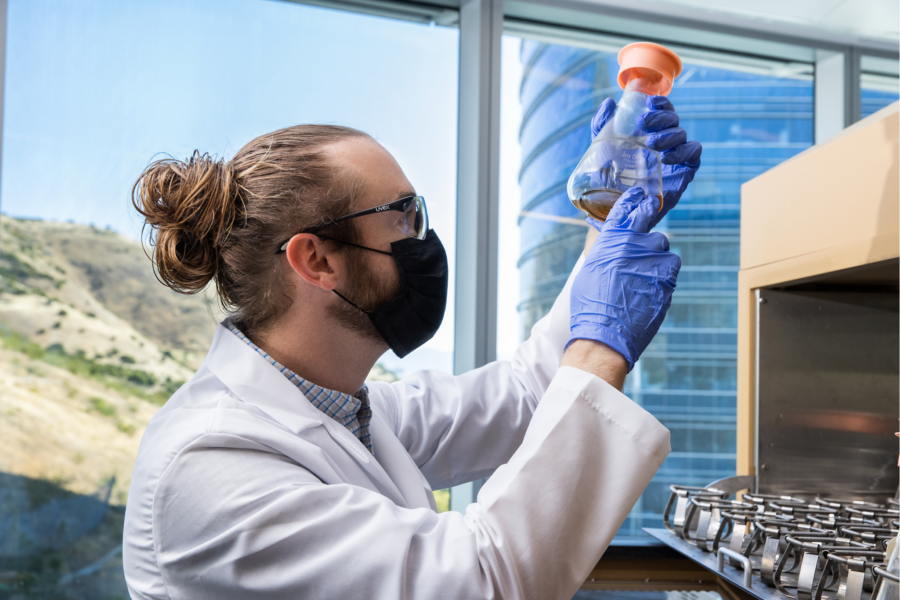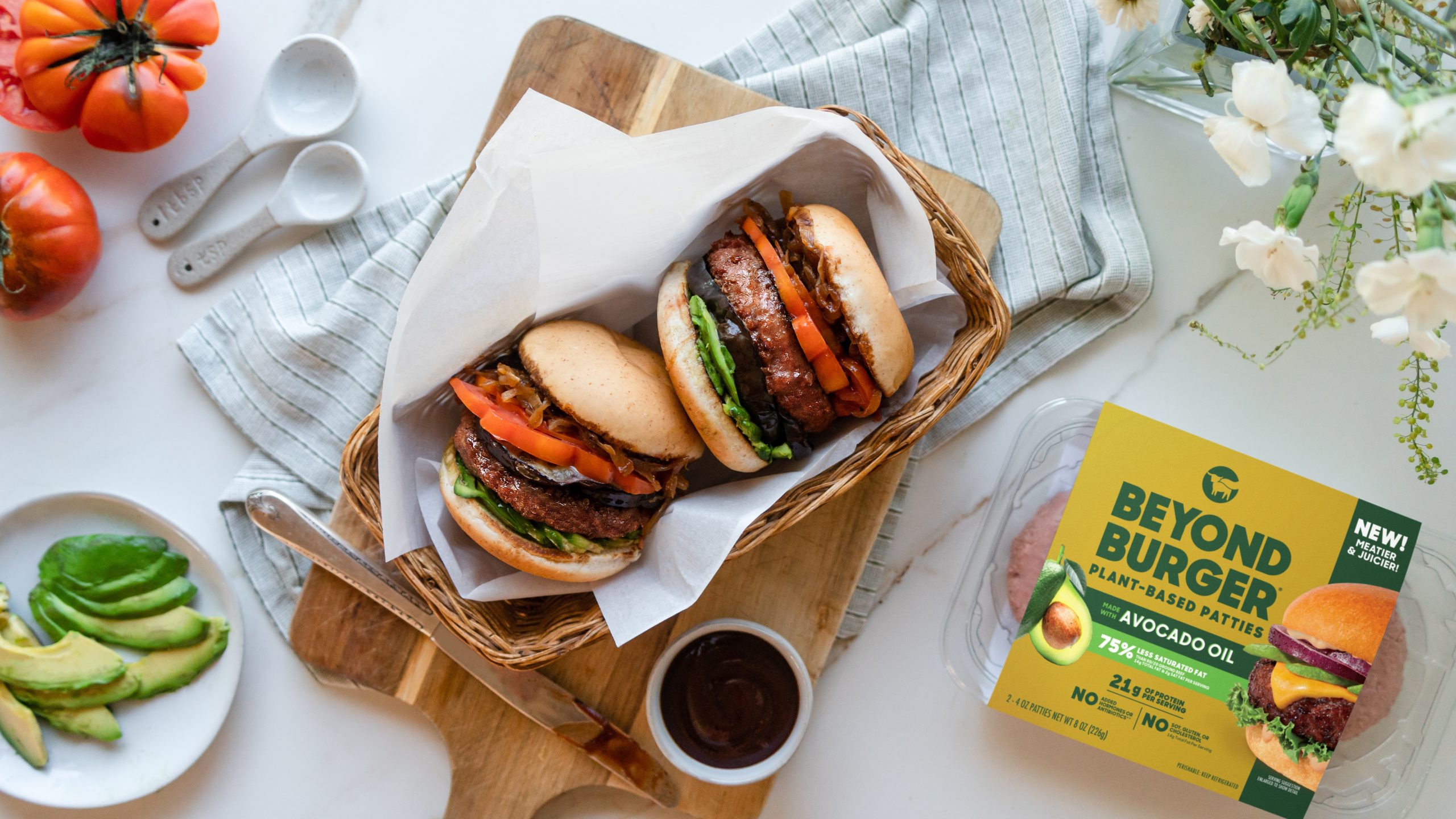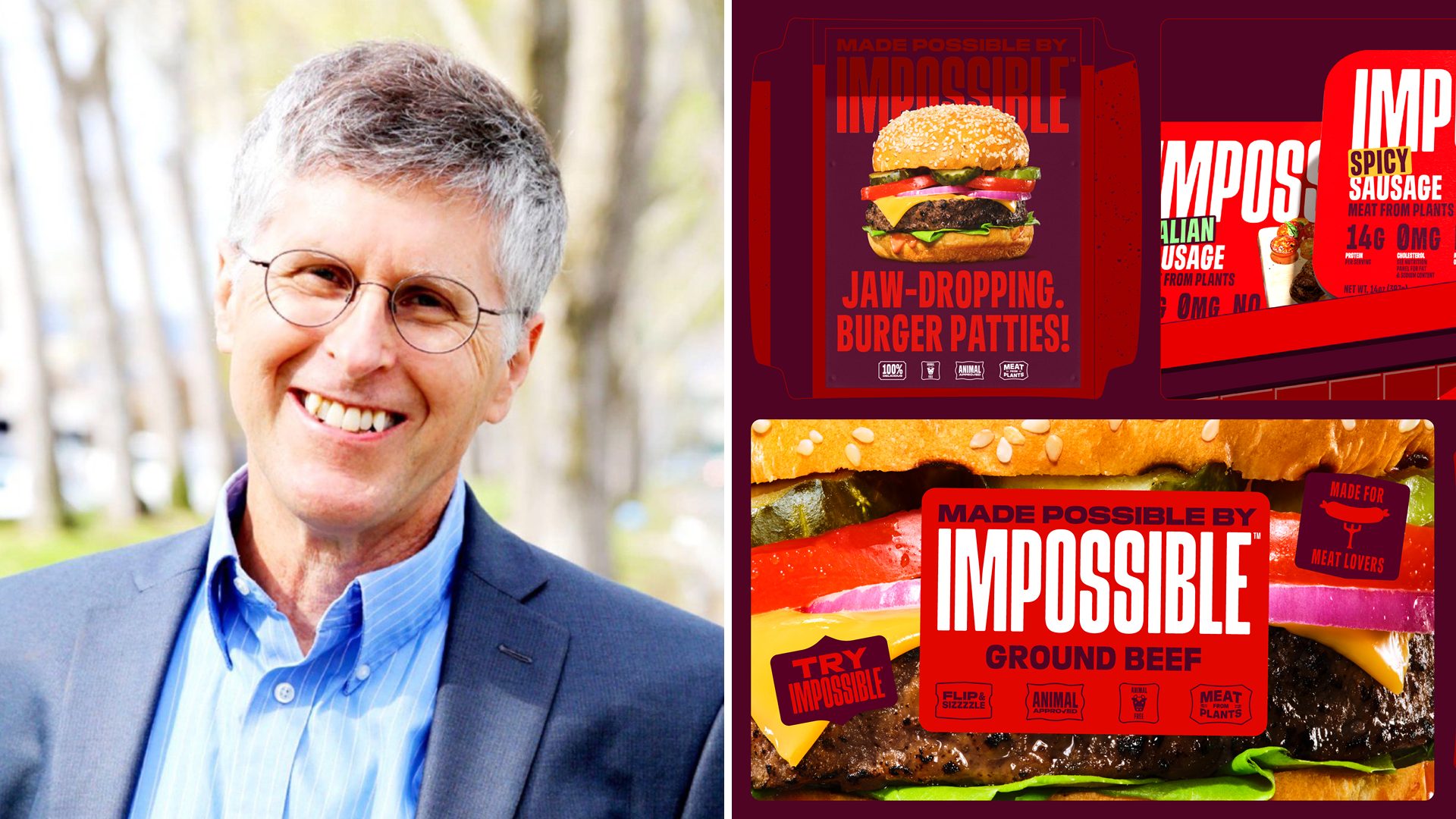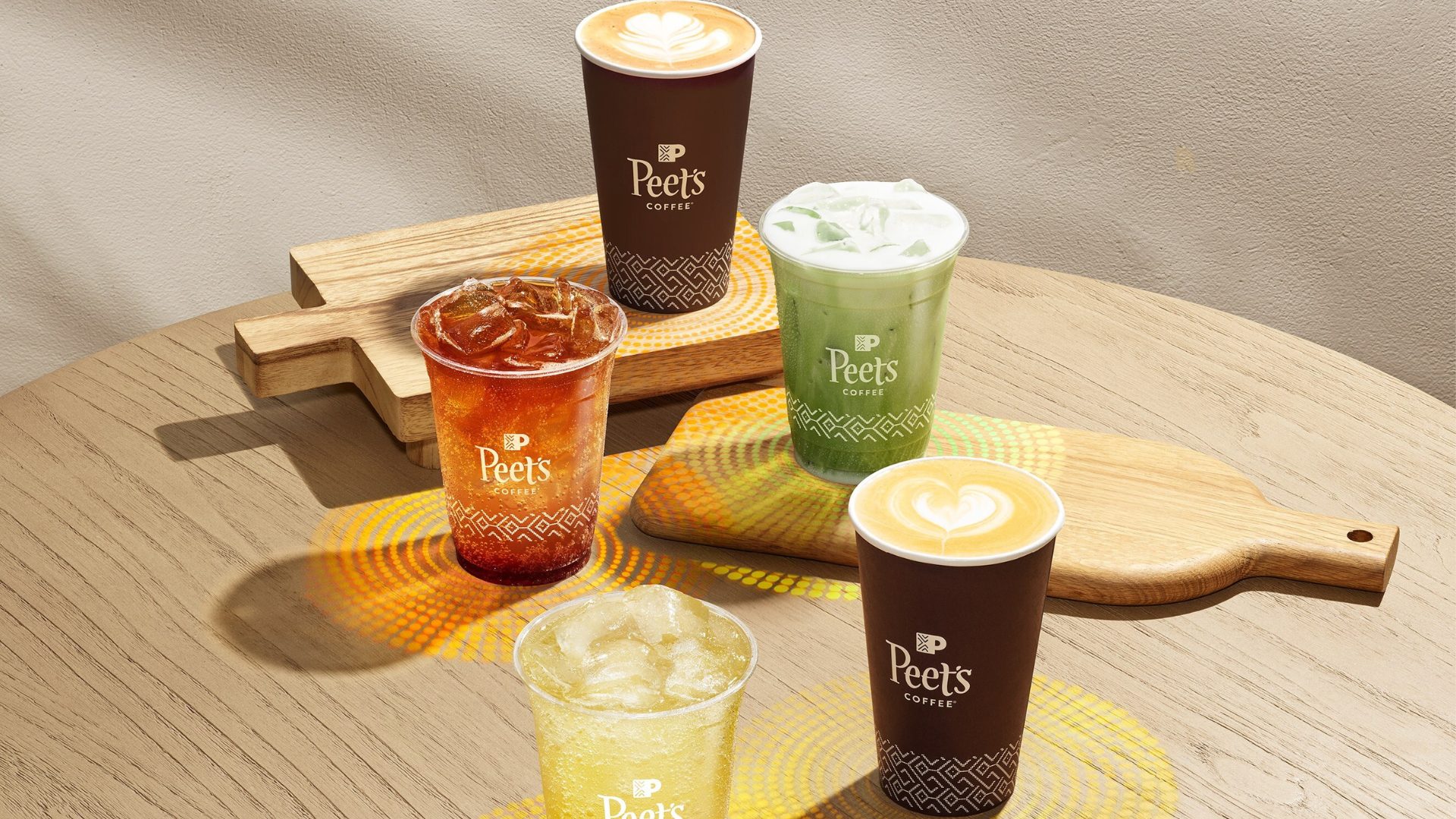Precision fermentation technology makes it possible to create alternative egg and milk proteins identical in taste, texture, and functionality to the traditional stuff—without using any animals.
By reimagining a foundational process that has existed for decades, food tech companies are using precision fermentation to produce animal-free proteins in pursuit of a more sustainable future.
The EVERY Company and Perfect Day Inc. are two such companies at the forefront of the animal-free protein industry.
HOW DOES IT WORK?
“Similar to the process of making rennet for cheese (a protein ingredient found in 80-90% of store-bought cheeses), we produce animal-free proteins via fermentation,” Nick Toriello, VP head of partnerships at EVERY told The Food Institute.
Unlike lab-grown meat, which requires harvesting stem cells from a living animal, precision fermentation uses DNA sequences as a protein recipe.
The DNA sequence serves as a set of genetic instructions that can be followed step-by-step and inserted into yeast. Then, “similar to the way beer and wine are brewed, we add sugar, and the yeast uses this energy to kick-start fermentation,” Toriello explained.
“The end result is nature-equivalent protein made without using a single animal,” he said.
This technology is still relatively new and just starting to scale, but there are already several different applications. Perfect Day has created real dairy milk that’s animal-free, while EVERY is focused on egg white and pepsin proteins.
RAPID GROWTH
And as the technology improves, companies like EVERY and Perfect day are growing at a rapid clip. “We recently sprang forward from a seven-year R&D period to launch three novel proteins in 12 months,” said Toriello.
In fact, companies using precision fermentation to create alternative proteins secured $1.7 billion in investments in 2021, nearly a threefold increase from the $600 million raised in 2020, according to The Good Food Institute.
On February 1st, EVERY announced that actress Anne Hathaway made her first B2B investment in the company. Simultaneously, EVERY is scaling up production in partnership with BioBrew from AB InBev, the world’s largest fermentation company.
Perfect Day is also scaling to meet the “incredible demand” for their animal-free proteins, Nicki Briggs, VP of corporate communications at Perfect Day, told The Food Institute.
“Last year we increased our production by three times and we’re only accelerating from there—on the path to produce tens of thousands of metric tons of protein in the next five years,” said Briggs.
SUSTAINABLE SOLUTIONS
According to a study commissioned by Perfect Day, their whey milk protein is between 91% and 97% lower in greenhouse gas emissions than traditional milk. Figures like these have attracted attention from large food companies trying to reduce the climate impact of their supply chains.
Perfect Day has already collaborated with key players like Nestle SA and Starbucks, and Unilever is currently working on a dairy ice cream made from animal-free milk.
“The food industry is in a sustainable evolution—with solutions from traditional leaders, plant-based visionaries, and innovators like us,” Briggs explained. “We believe that the future is one where contributions from and collaboration between all of these groups will create a more diverse, sustainable food system.”
Both Briggs and Toriello spoke passionately about a “future food system” that could be made possible by animal-free proteins.
“For the first time, an animal-free protein is offering the same nutritional value and performance as the original. Unlike with plant-based alternatives, you don’t have to sacrifice—the flavor, textures, and performance are there,” explained Toriello.
“It’s incredible,” he said.
The Food Institute Podcast
Click the play button above to listen to the episode.
The opportunities in fermented food stretch beyond kimchi and sauerkraut, and no one has a better vantage point on this than David Zilber, who heads up fermented food research and development at Chr. Hansen. Zilber, who previously worked as a chef at world-renowned gastropub Restaurant Noma, joins The Food Institute Podcast to discuss his unique career path and emerging trends in the fermented foods category.












